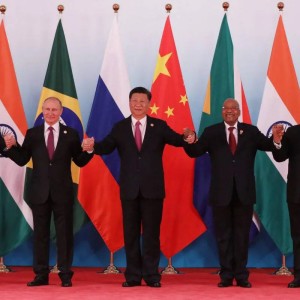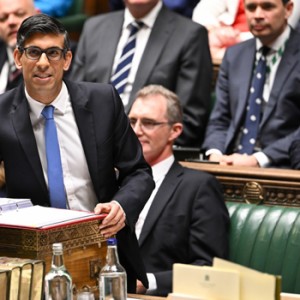Soaring U.S. inflation is expected to continue its surge with no sign of relief in sight, as the costs of consumer goods like gasoline and household items climb to new heights. The Labor Department's consumer price index jumped 7.5% in January from a year before, hitting a level not seen in four decades. But even before Russia invaded Ukraine, experts were predicting that February's numbers, due out Thursday, would be higher.
Economists polled by Reuters forecast that February's CPI would hit 7.9% year-over-year, amid strong consumer demand and lingering pandemic-related supply chain woes. That survey was conducted before Russian President Vladimir Putin launched his war, putting further pressure on the global economy and sending gas prices to record highs.
"There had been expectations that February would be the high point for year-over-year headline inflation, but the Ukraine shock is already sending gas prices higher in March," SGH Macro Advisors economist Tim Duy told the outlet.
As the price of gas climbs, it drives higher prices on goods that need to be transported, such as groceries and other household necessities included in the index.
The average price for a gallon of gas in the U.S. hit consecutive all-time highs on Monday, Tuesday, and Wednesday, when it reached $4.252 according to data from AAA. Meanwhile, President Biden warned earlier this week when he banned imports of Russian oil and gas that energy prices would continue to go up.
Higher headline Inflation being expected for February
"We expect to see a high headline … headline inflation in tomorrow's February inflation data," Psaki commented in a news briefing, pointing to elevated energy prices as a "key reason" and saying that "gas prices have jumped 75 cents since the beginning of the year as Putin built up his military near Ukraine."
While Americans have seen wage gains in recent months with average hourly earnings climbing 5.1% year-over-year in February, the pay boosts have been erased by the higher rate of inflation.
The Federal Reserve has signaled that it will move to raise interest rates at its meeting next week for the first time in two years in an effort to combat surging prices, but Chairman Jerome Powell has said that uncertainty brought on by the Russia-Ukraine war could impact the central bank's plans.














